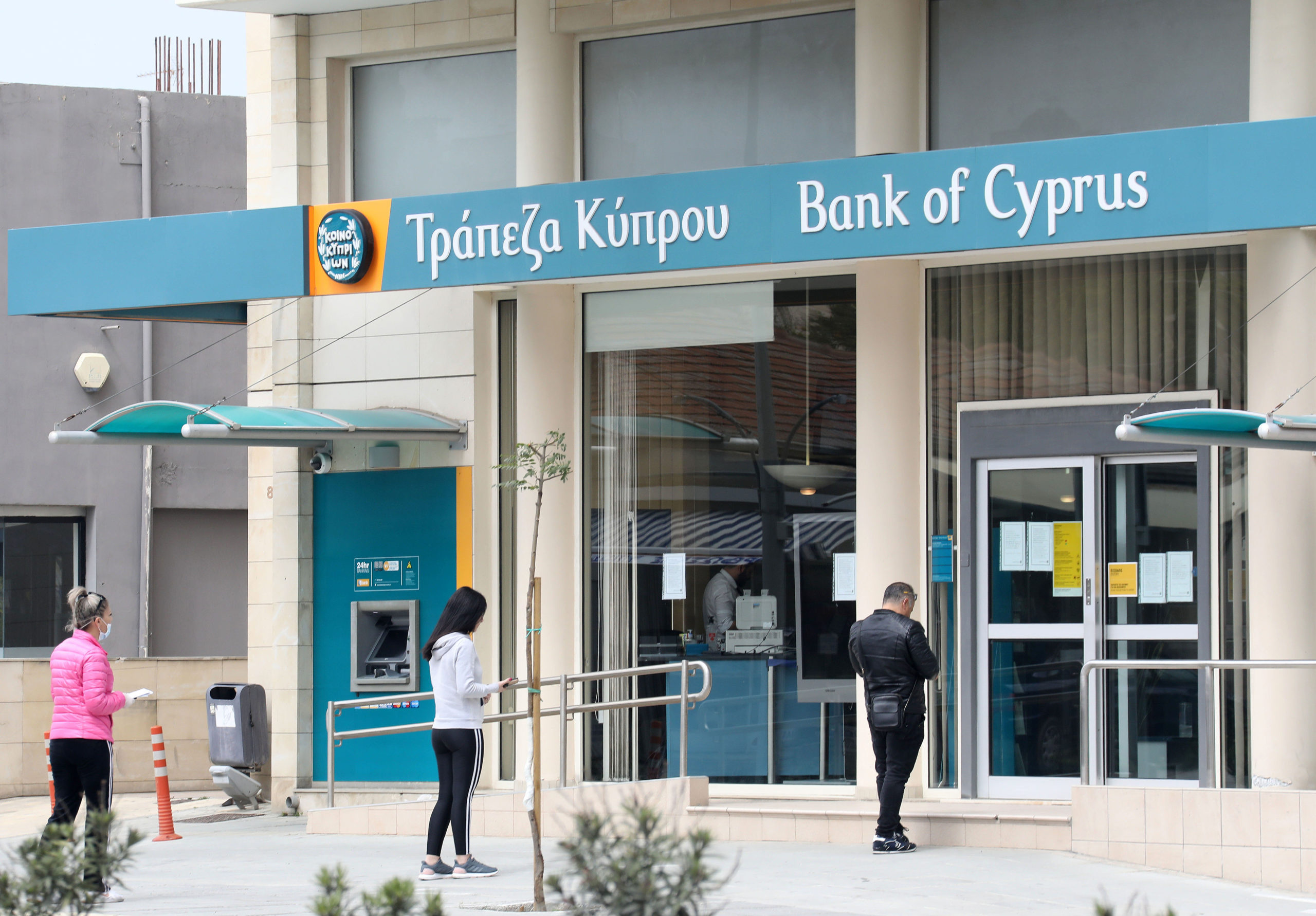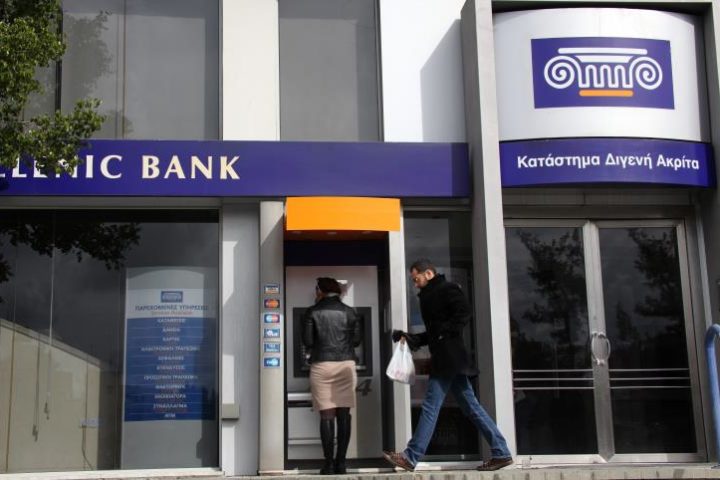Parliament passing a law that established a €1 bln (4% of GDP) loan guarantee scheme is positive for Cypriot banks because it will reduce the credit risk on loans participating in the scheme, said rating agency Moody’s.
It is analysis; Moody’s supported the move, as long as banks can maintain independence in their loan decisions.
“The government guarantee scheme will help ease cash flow constraints by ensuring that the self-employed and large and small businesses have sufficient access to liquidity and funding to support Cyprus’ post-pandemic recovery,” Moody’s said.
“The scheme aims to encourage banks to lend and will help protect them from defaults on these business loans but does not shield them entirely.”
The government will cover 70% of a defaulted loan, while the bank will cover the remaining 30%, meaning banks retain part of the risk for the loans they extend.
“The scheme will incentivise borrowers to access cheap government-backed loans because the interest rates on these loans will be lower than current market rates.”
Cyprus already has an interest rate subsidy scheme up to the end of 2021, although the take-up of the existing scheme has been primarily for new housing loans.
Unlike some other countries in the EU, Cyprus’ government-guaranteed loans will not be tailored to business size.
Instead, all borrowers will be subject to the same guarantee coverage and, most probably, interest rates.
Like other countries, the scheme will have a provision to defer repayments by 12 months to help borrowers’ short-term liquidity needs.
“Banks will reap the scheme’s benefits starting in 2022 as participating borrowers begin making repayments, although banks’ capital ratios may benefit sooner because of the lower risk-weighted assets assigned to these loans.”
However, many of the benefits for Cypriot banks will largely depend on how the scheme is executed, said Moody’s.
“If certain provisions of the law are implemented, banks’ lending would be subject to control and interference by an external monitoring committee, including having to lend to the riskiest borrowers.
Borrowers whose loan applications were rejected by a bank would have the option of appealing to the committee, which may prompt banks to opt-out of participating in the scheme if they fear they could be forced to relinquish control over their lending decisions.”
The amount committed in the guarantee is €1 bln, equivalent to more than 50% of the average yearly total new lending to non-financial corporates for the period 2018-2020, but just 6% of banks’ stock of lending to Cypriot companies.
The scheme allocates €550 mln to small businesses, €350 mln to midsize businesses and €150 mln to large companies.
“By comparison, the size of a comparable scheme in Germany equals 70% of total bank lending to corporates there, while Italy’s is 67% and the UK’s 34%.”
It will take more than three months before the loan guarantee scheme is fully in place, with the additional time needed for borrowers to apply, get approved and receive their loans.
Before being implemented, the European Commission must approve the loan guarantee scheme as being in line with state aid rules.
Additionally, Cyprus’ Ministry of Finance must issue a relevant decree, and the country’s new parliament (which will be elected on 30 May) must discuss the decree.
Also, banks will have around a month to decide whether to participate in the plan.










